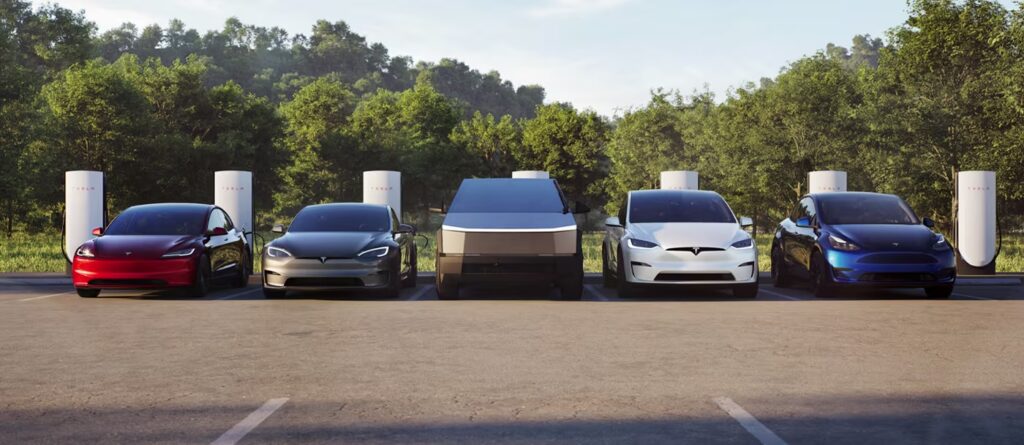
Trump May End EV Tax Credit, Open to Musk in Cabinet
Republican presidential candidate Donald Trump stated on Monday that, if elected, he would consider ending the $7,500 tax credit for electric vehicle (EV) purchases and expressed openness to appointing Tesla CEO Elon Musk to a cabinet or advisory role.
“Tax credits and tax incentives are not generally a very good thing,” Trump said in an interview with Reuters following a campaign event in York, Pennsylvania, when asked about the EV credit.
When questioned about the possibility of naming Musk to an advisory or cabinet position, Trump responded affirmatively. “He’s a very smart guy. I certainly would, if he would do it. I certainly would. He’s a brilliant guy,” Trump remarked.
Last month, Musk publicly endorsed Trump in the ongoing U.S. presidential race. Tesla has not commented on the matter. Musk also hosted Trump to a wildly popular conversation on X.
If elected, Trump indicated he could seek to reverse recent Treasury Department rules that have made it easier for automakers to utilize the $7,500 credit, or he could ask Congress to repeal it altogether.
As president, Trump previously attempted to repeal the EV tax credit, which was later expanded by President Joe Biden in 2022. “I’m not making any final decisions on it,” Trump said, adding that while he supports electric cars, he also favors gasoline-powered vehicles, hybrids, and other technologies.
Trump also criticized the Biden administration’s regulations that encourage automakers to produce more EVs and plug-in hybrids to meet stricter emissions standards, arguing that there is a “much smaller market” for EVs due to cost and battery range issues.
Additionally, Trump announced plans to discourage exports of vehicles produced by U.S. automakers in Mexico by imposing new tariffs and preventing Chinese automakers from building plants in Mexico to produce vehicles for the U.S. market.
“If you put tariffs on those cars, they’re going to make it here,” Trump said. However, he expressed support for foreign automakers, including Chinese companies, building vehicles within the United States, stating, “We’re going to give incentives, and if China and other countries want to come here and sell the cars, they’re going to build plants here, and they’re going to hire our workers.”



Of course, Trump wants to get rid of the EV tax credit. He’s gotta be able to try and offset the large deficit hole he will be creating with all the tax giveaways to the billionaires.
i’m sure Elon Musk wants a cabinet position like maybe the head of the revenge department.
At any rate working with Trump will mean that Elon can commit crimes and be Pardoned, essentially being above the law.
Or somehow with Trump, US becomes shareholder of X…haha